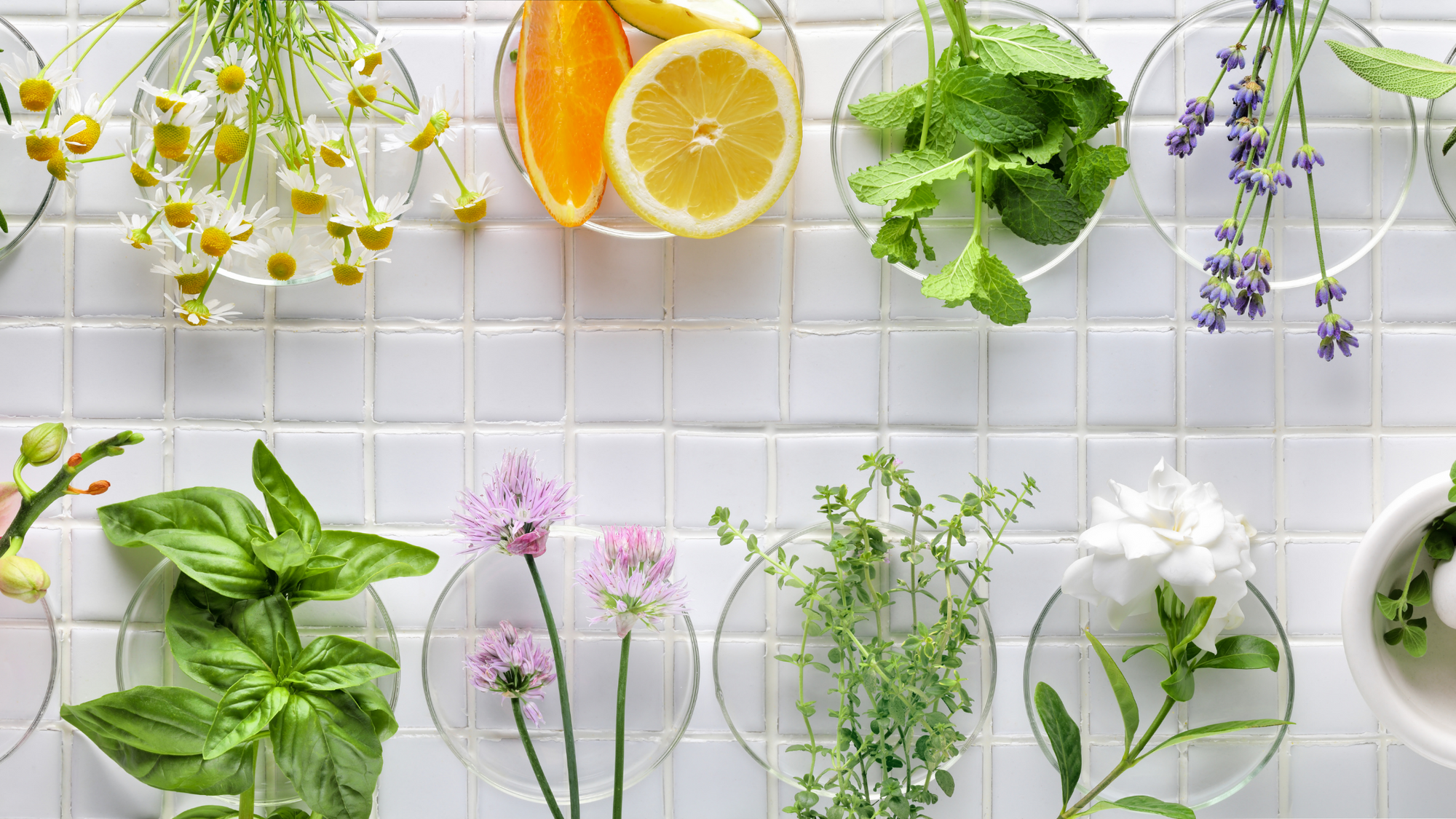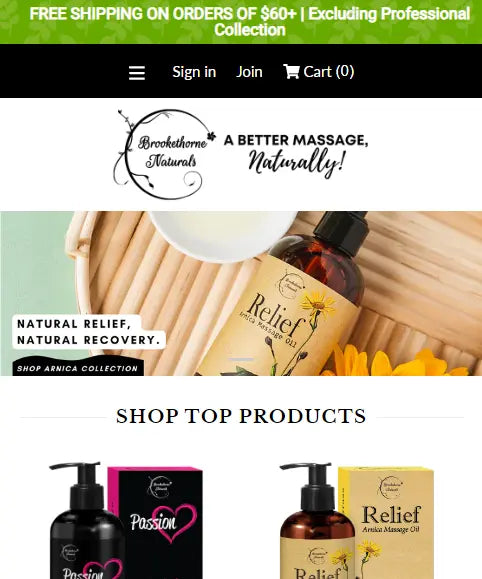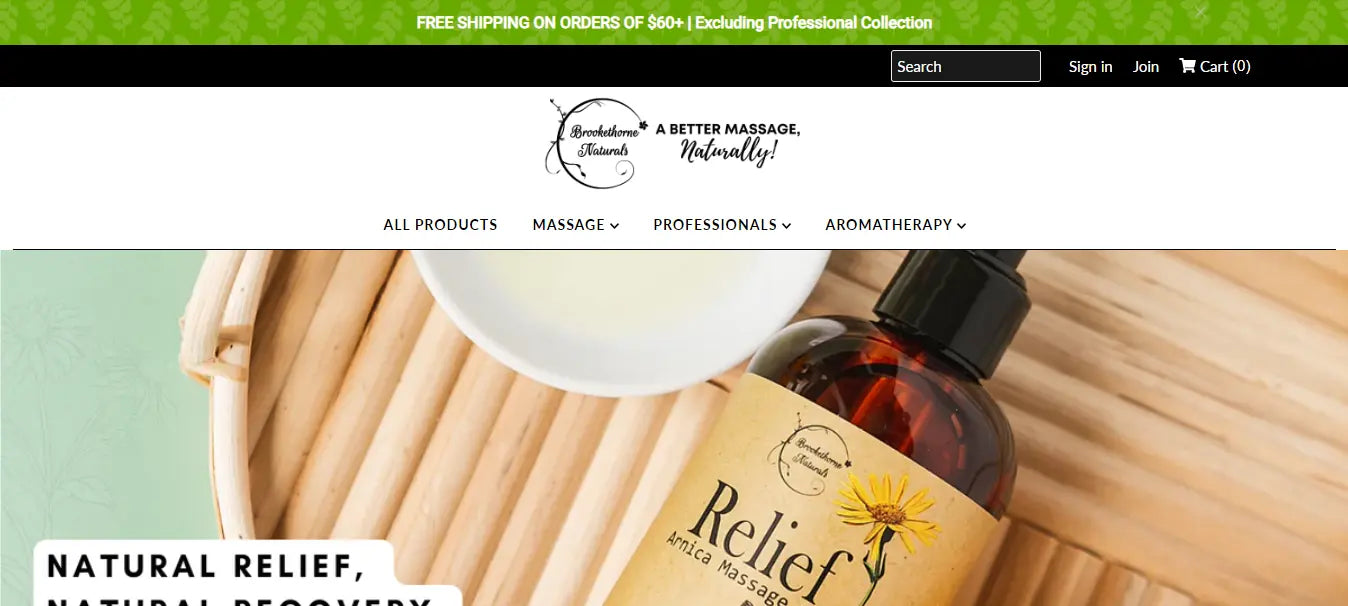
• 11/11/21
Many people mistakenly assume aromatherapy is just a fancy way of describing an alternative method of making your home smell nice. After all, it’s pretty much the same thing as lighting a candle…right?
Today, aromatherapy is often the subject of scientific study, and more than 17,000 articles on the subject have appeared in various scientific publications.
Not so! Aromatherapy has less to do with the scent of your space and more to do with your own personal health and wellness. To help shine a light on this beneficial holistic healing treatment, we’ve gathered some basic information to help those new to aromatherapy understand what it is, why it is beneficial, and how it just might change your life for the better.
What is Aromatherapy?
Aromatherapy is the science of using essential oils to relax, stimulate, or balance the body and mind, and to promote overall health and wellbeing.While it certainly seems to be trending today, aromatherapy is actually an ancient practice. Early civilizations in China, Egypt, and India combined aromatic plant compounds into oils, ointments, and other substances used for medicinal or ceremonial purposes. Centuries later, in the 1830’s notable scientists like Louis Pasteur began examining the effects of extracted, or essential, plant oils from cloves, cinnamon, and oregano on people suffering from anthrax.
Today, aromatherapy is often the subject of scientific study, and more than 17,000 articles on the subject have appeared in various scientific publications.
What are the Benefits of Aromatherapy?
Aromatherapy can provide a multitude of health benefits, including:- Reduced depression and/or anxiety
- An overall improvement in quality of life, particularly for those living with chronic health issues
- Improved quality of sleep
- A reduction in pain for people suffering from osteoarthritis of the knees
- A reduction in pain for people suffering from kidney stones
- Improved quality of life for those suffering from dementia
Does the Quality of the Essential Oil Matter?
The short answer is…yes! The age-old mantra you get what you pay for should certainly come to mind when considering what essential oils to buy. Look for oils that are all natural, paraben free, and not tested on animals (some are, so it is important to verify prior to purchase). If you’re looking for a high-quality set to get you started, try our Essential Oil Bundle, which has everything you need to begin your aromatherapy journey.How Can I Use Essential Oils?
The most common way to use oils is with a diffuser that mixes the oil with water, diffusing a scented mist into the air. But there are plenty of other ways to enjoy essential oils:- Mix essential oils in with a carrier oil (like almond or grapeseed) and use the mixture for massaging the body, feet, or scalp. The mixed oil can also be added to a warm bath or rubbed on skin and worn as perfume.
- Add a few drops of your favorite oil to unscented Epsom salt and use while bathing.
- Create your own perfume by adding 25 drops of your favorite essential oil to denatured alcohol.
###
References


Comments
0 Comments
Leave a Comment